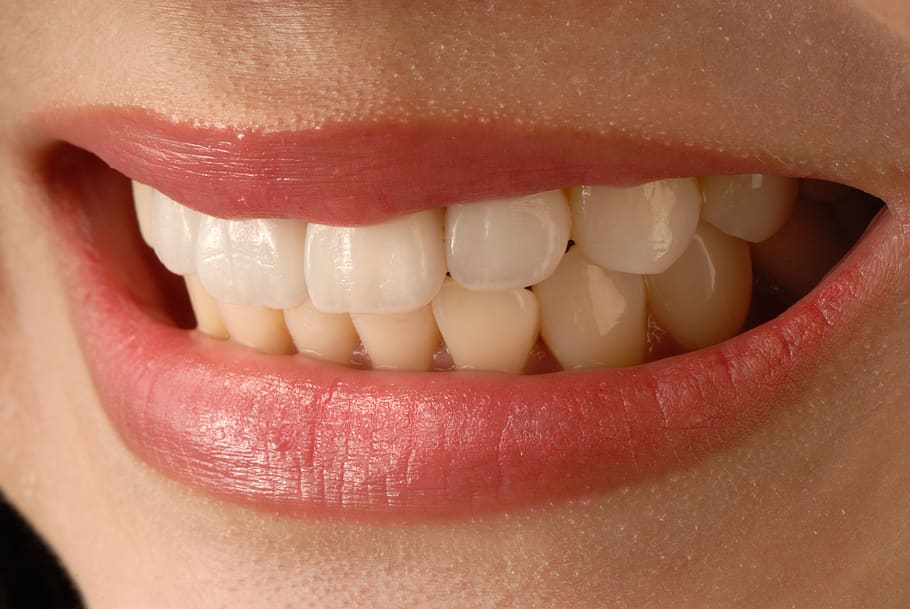Defeat your teeth anxiety
When you think of going to the dentist, are you filled with deep fear? Do you feel impossible to make an appointment? Are you scared and too emotional during a tooth visit? If you answer yes for all these questions, you are not alone. As many as 20% of the general population in industrialized countries report several levels of dental anxiety, irrational fears that lead to avoidance seeking dental care where exposure to the dentist gives rise to direct anxiety responses and often.
Dental anxiety is not a joke. As general phobias, this condition can create a large amount of distress and can even have an impact on other aspects of your life. Obviously, without the right dental care, your oral health may be at risk, but teeth also tends to spend a non-proportional amount of time both thinking about their oral health or trying not to think about it. So what caused the tooth phobia? In fact, there are various factors that contribute to this common fear.
Understandably, some people experience anxiety because of the experience of pain, choking, or other negative responses in previous dental visits. Fear of a needle, worries about embarrassing yourself in front of the dentist, and even the sound made by dental equipment can contribute to anxiety. However, regardless of the root causes of your teeth fear, there is a solution.
Beating gear anxiety can involve psychological, technical, or medical care. When trying to conquer your fear, it’s always important to involve your dentist in the process. The environmental nature and communication of tooth between you and your professional dental is the right place to start extinguishing your worries. Sometimes patients respond well to make the gear environment more comfortable by removing unnecessary equipment from the room, minimizing background noise, and providing disturbances such as TV or music. Most importantly, you must be sure to communicate with your dentist about feelings and problems that trigger anxiety.
More specifically, psychological techniques such as desensitization and other behavior management techniques can be very helpful. Short preliminary visits where your dentist introduces tools and techniques in stages can help some patients overcome their teeth anxiety. In addition, sedation can be a very effective technique for a very worried. When changes in the environment, communication, and psychological techniques are ineffective, sedation helps patients relax; And intravenous sedation can be very useful so that patients are truly below and can receive more time-consuming care and difficult.
Finally, the progress of dental technology can be used to put patients calmly. Drill and other handheld dental devices are calmer than the old ones, and some of these tools even give control patients to stop drill or hand pieces every time their anxiety starts out of control. In addition, as a forward dental procedure, they become less invasive make them more acceptable by individuals with teeth anxiety.


Comments are closed.